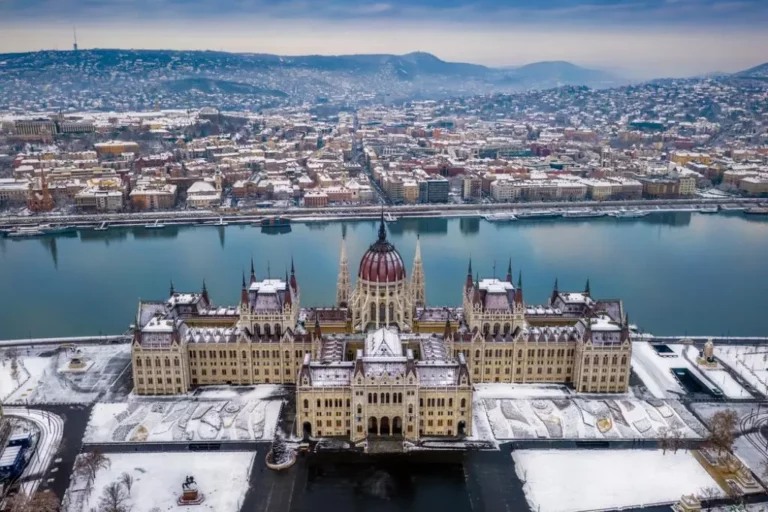climate
Lake Urmia dries up: Environmental disaster and a growing crisis for Iran’s Azerbaijani population

Tragic prospects: Snow may disappear from Hungary by the end of the century

What’s happening? Unseasonable weather set to hit Hungary next week

Will Hungary see a white Christmas this year? A turnaround not seen in 20 years is coming

A natural phenomenon in Hungary could slightly shrink the country!

Rare celestial spectacle over Hungary: Northern Lights reappear as the week begins with frosty mornings – video

Arctic cold to sweep into Hungary — new seasonal record possible

Goodbye frost, hello sunshine? Hungary set for warmer autumn week ahead

Hungary shivers: Record-breaking cold hits the country at -4.6°C

Hungarian wine in danger? New vine disease threatens the country – it may already be too late

End of summer in Hungary: Storm alert for Friday, even hail is possible

Seasons in Hungary have completely transformed: something astonishing has happened to winter

Foreign invasive plant poses ecological threat to Hungary’s waterways

National, Budapest early morning heat records broken

Vanishing farmland: Hungary’s semi-desert on the brink of agricultural collapse

Water level of Lake Balaton alarmingly low – only a few centimeters away from the 2022 drought record

Warning: Hungary suffers from extreme heat today, temperatures near record highs

Cocoa up 300%, coffee up 100%: How climate change is wrecking food prices worldwide





 ZH
ZH IT
IT DE
DE HR
HR NL
NL FR
FR JA
JA RO
RO RU
RU ES
ES TR
TR
